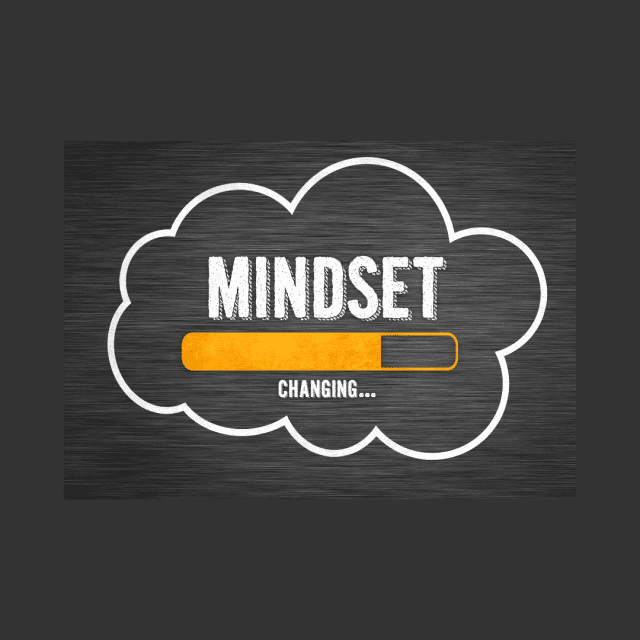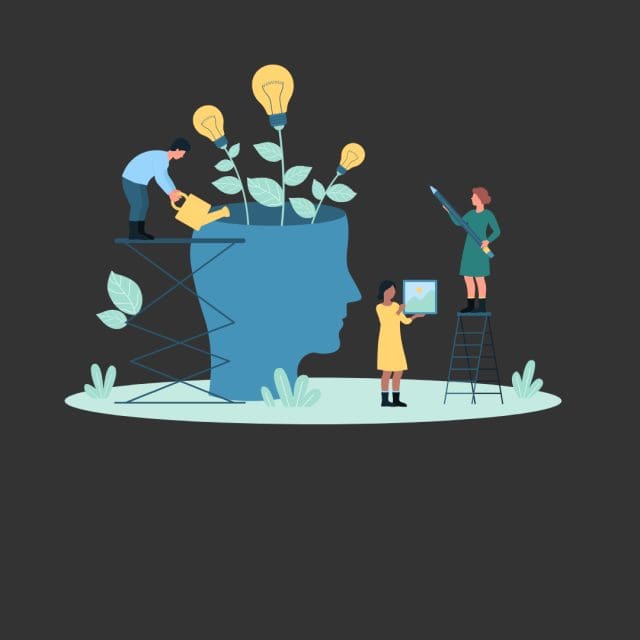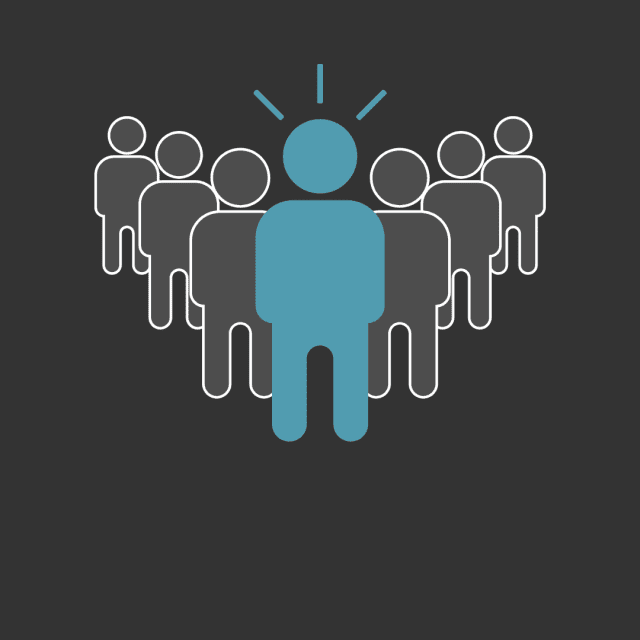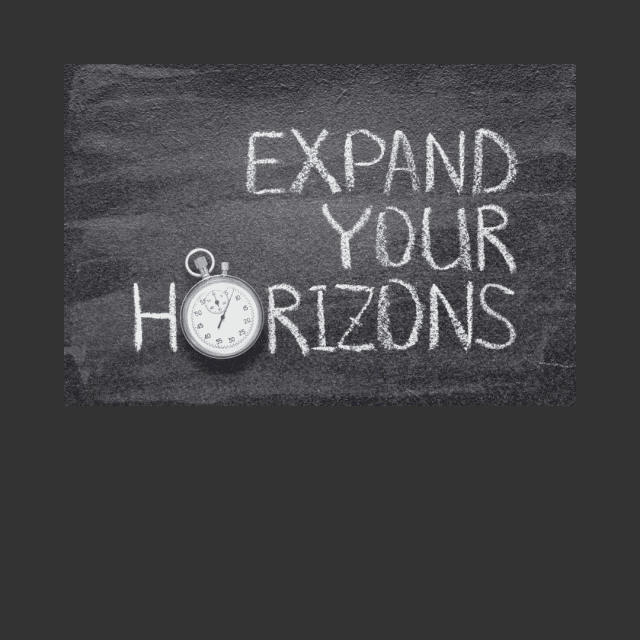Embracing Uncertainty: Thriving in Change with Scout Guidance
Change is a constant in both our personal and professional lives. Whether it’s technological advancements, shifting market dynamics, or unexpected challenges like global pandemics or economic downturns, the ability to navigate uncertainty has become a critical skill in today’s fast-paced world. Yet, for many professionals, change can be daunting. It disrupts the familiar, creates unknowns, and often leads to stress and anxiety.
But here’s the secret: uncertainty doesn’t have to be something to fear. With the right mindset and the right support, it can be an opportunity for growth, innovation, and success. That’s where a scout comes in. A scout not only helps you adapt to change but also empowers you to thrive in it. With personalized, real-time guidance, scouts help you embrace uncertainty, reframe it as a catalyst for growth, and turn it into an advantage in your career.
In this blog, we’ll explore how working with a scout helps you thrive in times of uncertainty and change—and why embracing uncertainty could be the key to unlocking your full potential.
1. Reframing Uncertainty as Opportunity
The natural response to uncertainty is often fear. When the path ahead is unclear, it’s easy to worry about what might go wrong or to cling to the safety of the status quo. But uncertainty can also signal opportunity—a chance to explore new directions, acquire new skills, and challenge yourself in ways that lead to growth.
How a Scout Helps: Scouts help you reframe uncertainty as an opportunity for growth. By guiding you through uncertainty with a positive mindset, scouts encourage you to see change as a chance to expand your skillset, try new things, and pursue opportunities you may not have considered before. They help you approach uncertainty with curiosity, focusing on what you can gain rather than what you might lose.
Example: If your company is going through a major restructuring, a scout would help you explore how this change could open up new roles or responsibilities for you. Rather than fearing the disruption, you might see it as an opportunity to develop leadership skills, take on a new project, or pivot to a role that aligns better with your long-term goals.
2. Building Adaptability Through Continuous Learning
In times of uncertainty, the ability to learn and adapt is crucial. When the landscape around you is constantly changing, you need to be agile and open to acquiring new knowledge and skills to stay competitive. This adaptability allows you to pivot when necessary and remain resilient in the face of challenges.
How a Scout Helps: Scouts foster adaptability by promoting continuous learning. They guide you in identifying key areas for growth and help you stay ahead of industry trends. Whether it’s learning a new technology, mastering a new leadership style, or embracing new working methods, scouts ensure that you’re always evolving and ready to take on new challenges with confidence.
Example: If you’re working in a field undergoing rapid technological disruption, such as finance or healthcare, a scout might help you prioritize learning new digital tools or staying up-to-date on regulatory changes. This not only keeps you relevant but also prepares you to seize opportunities as new trends emerge.
3. Developing Emotional Resilience to Handle Uncertainty
Uncertainty can take a toll on your mental and emotional well-being. It can lead to stress, anxiety, and decision paralysis if not managed effectively. Emotional resilience—the ability to maintain focus, balance, and a positive attitude in the face of uncertainty—is key to thriving in times of change.
How a Scout Helps: Scouts help you build emotional resilience by offering strategies to manage stress, uncertainty, and difficult emotions. They provide tools such as mindfulness techniques, goal-setting strategies, and self-reflection exercises to help you stay grounded and maintain a healthy mindset during turbulent times. This resilience ensures that you can weather uncertainty without being overwhelmed by it.
Example: If you’re feeling stressed about an uncertain future after a company merger, a scout would work with you to build emotional resilience through stress-management techniques like journaling, meditation, or breaking down larger challenges into manageable steps. With this support, you can approach the situation with greater clarity and focus.
4. Creating a Flexible, Adaptive Career Plan
One of the biggest challenges in times of uncertainty is the feeling that your plans have been thrown off course. However, a rigid career plan that doesn’t allow for flexibility can hold you back when the unexpected happens. A flexible career plan allows you to adapt, pivot, and still work toward your goals, even when the path forward isn’t clear.
How a Scout Helps: Scouts help you develop a flexible career plan that accounts for change and uncertainty. Rather than focusing on a fixed set of milestones, scouts guide you in setting adaptable goals that can evolve over time. They also help you identify backup options and alternative routes to success, ensuring that you’re prepared to pivot when necessary without losing sight of your long-term objectives.
Example: If you’ve been working toward a promotion but your company is downsizing, a scout might help you explore alternative ways to grow your leadership skills or seek out lateral moves that still contribute to your career growth. They’d help you stay flexible while remaining focused on your overall vision.
5. Turning Setbacks Into Opportunities for Reinvention
When uncertainty leads to setbacks—such as losing a job, a failed project, or an unexpected career pivot—it can feel like a major obstacle. However, setbacks can also be opportunities for reinvention, allowing you to redefine your goals and pursue new directions that might be even more fulfilling.
How a Scout Helps: Scouts help you turn setbacks into opportunities for reinvention. They guide you through the process of reassessing your goals, identifying your strengths, and exploring new possibilities. Scouts help you reflect on what you’ve learned from setbacks and how those experiences can fuel your next steps forward, ensuring that you bounce back stronger than ever.
Example: If you’ve been laid off unexpectedly, a scout would work with you to explore new career paths that align with your skills and passions. They’d help you identify transferable skills, build a new resume, and guide you through networking or upskilling to open up fresh opportunities in a new field.
6. Leveraging a Network of Support in Times of Change
One of the most valuable resources in times of uncertainty is your professional network. Yet, many professionals struggle to leverage their network effectively during periods of change, whether due to discomfort in reaching out or a lack of understanding of how their connections can help.
How a Scout Helps: Scouts guide you in leveraging your network during times of uncertainty. They help you identify key contacts who can offer advice, provide new opportunities, or simply serve as sounding boards as you navigate change. Scouts also guide you in building new relationships and expanding your network, ensuring that you’re surrounded by a strong support system when you need it most.
Example: If your industry is undergoing major changes, a scout might encourage you to reach out to peers or mentors who have gone through similar transitions, helping you gain insight into how they navigated change. Scouts also help you build relationships in adjacent industries that may present new opportunities.
7. Embracing Agility and Innovation
Uncertainty often creates the need for innovative solutions. Whether it’s finding new ways to approach work, adopting new technologies, or developing creative strategies to solve problems, agility and innovation are crucial for thriving in times of change. Those who can adapt quickly and innovate are more likely to succeed.
How a Scout Helps: Scouts encourage agility and innovation by helping you think creatively and adopt new approaches to challenges. They expose you to cross-industry insights, fresh ideas, and innovative strategies that can help you stay ahead of the curve. By fostering an innovative mindset, scouts ensure that you’re not just responding to change but actively shaping your future in a way that sets you apart.
Example: If your business is facing uncertainty due to shifting consumer behaviors, a scout might guide you in exploring innovative solutions from other industries, such as using digital tools to enhance customer engagement or adopting agile methodologies to improve project delivery. This approach helps you remain adaptable and competitive even in volatile markets.
Conclusion
In a world where change is the only constant, the ability to embrace uncertainty is a key driver of success. Rather than viewing uncertainty as a threat, a learning mindset—supported by a scout—allows you to see it as an opportunity for growth, reinvention, and innovation. With a scout by your side, you can turn ambiguity into possibility and approach every challenge with confidence and adaptability.
Scouts provide the guidance, support, and practical tools you need to navigate change, build resilience, and stay focused on your long-term goals. Whether it’s helping you develop new skills, reframe setbacks, or innovate in the face of challenges, working with a scout ensures that you not only survive uncertainty but thrive in it.
If you’re ready to embrace uncertainty, turn change into opportunity, and build a future that reflects your true potential, working with a scout may be the transformative step you need to navigate an ever-changing world with confidence.































